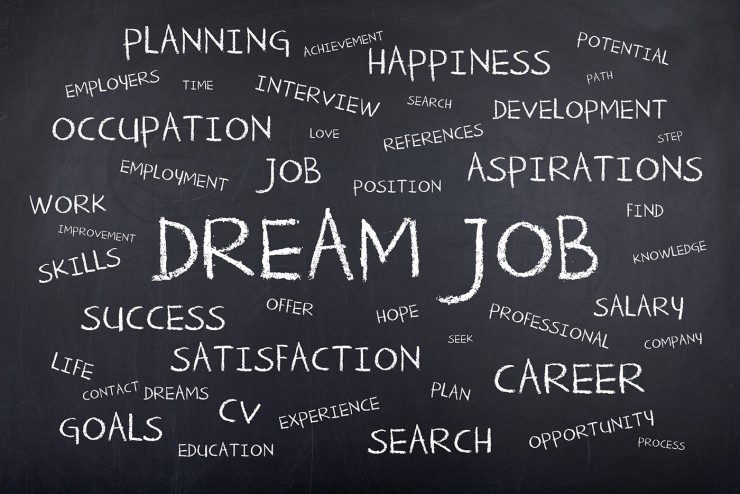
How to ace your job interview
You might be able to get away with having a typo on your resumé or cover letter, but you’ll never land your dream job if you flunk the in-person interview.
Here are a few tips for job interview success, with insight from employers and career counselors.
Be prepared
Research the company, said Susan Loffredo, an asso¬ciate director of North eastern University’s Department of Career Development, and be prepared to explain how your skills satisfy the company’s needs. As she put it, “Know yourself, know the employer, and know the job description.”
Andrew Girard, the training manager for Rhodes Technology, agreed. “Researching the company well shows that you made an effort,” he said at this fall’s career fair. “Practice,” he added. “The more interviews you go on, the better you’ll be able to articulate your talking points.”
Ask questions
“No,” Loffredo explained, is never the right answer when asked by the hiring manager if you have any questions. “Any interviewer I’ve ever known thinks that not having ques¬tions means that you’re not inter-ested in the job.”
She suggested asking questions that will help you get a better feel for the position and the working environment. Ask what the office culture is like, she said, or how your performance will be evaluated. “They should be ques¬tions that refer to what your life would be like in that posi¬tion and not what the company’s strategic plans are for the next 10 years.”
Make a strong impression
Research suggests that you have seven sec¬onds to make a strong first impression. Be sure to smile, Loffredo said, shake the hiring manager’s hand, and maintain eye contact throughout the initial exchange. “Offer an energetic ‘Nice to meet you,’” she added, “introduce yourself, and thank the hiring manager for inviting you.”
April Vaillancourt, an engineer for Zachry, underscored the importance of the soft skills. “Be relaxed,” she said at the career fair, “and be personable.”
Dress the part
A suit isn’t always the right thing to wear to a job interview, according to the host of the YouTube channel From Grad To Corp. Lof-fredo agreed, noting that the appropriate interview attire depends on the industry in which you’ll be interviewing.
It would be a mistake, she said, to show up in a bespoke suit for a job interview in a casual work environment. “The hiring manager will take one look at you and think, ‘this person has no undestanding of our culture.’”
If you don’t know what to wear, ask someone who works at the com-pany or check out the photos of the people on its website.
“Make an effort,” George Spies, the R&D man¬ager for Parker Han¬nifin, said at the career fair. “The way you dress demonstrates something you can’t show any other way.” Added Julia Weinbaum, a human resources associate for Vestmark: “A little bit of effort goes a long way. Don’t wear a shirt with holes.”
Send a thank-you note
Mail by post a handwritten thank-you note if you know that the hiring process will take a while, Loffredo said, but email your note right away if you’re not sure when the decision will be made. Be sure to thank everyone with whom you interviewed. “Don’t write a group note,” she said. “If you can’t make the effort to thank each person, what does that say about your work ethic and your enthusiasm for the position?”
She suggested taking notes during the interview, jotting down short phrases that will help you remember what to write in your thank-you note. “Three sentences is fine,” she said of the length of the letter. “But make sure you refer to something that was specifically discussed in the interview.”
Please confirm If you want to unregister
You have been unregistered from gradlink







